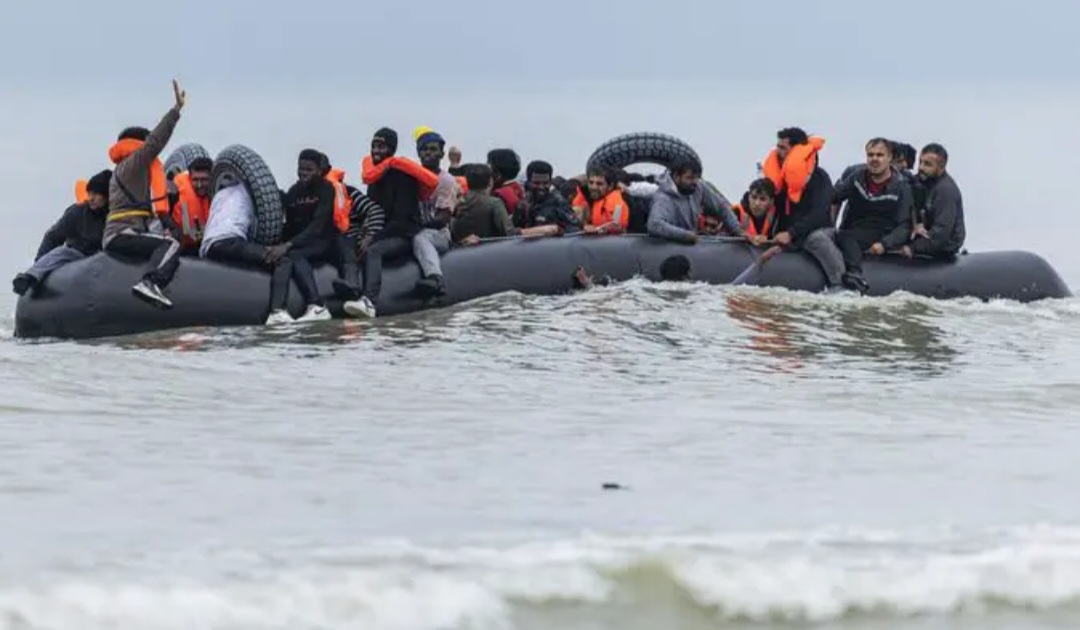People smugglers are advertising on social media, offering a full package to migrants wanting to reach the UK, including housing and jobs

People smugglers are advertising on social media, offering a full package to migrants wanting to reach the UK, including housing and jobs. These packages, often promoted on TikTok, aim to lure Albanians with promises of a better income than they could earn back home.
The smugglers advertise crossings for as little as £2,500, with payment only required upon arrival in Dover. Their packages include private accommodation and under-the-table jobs, targeting those seeking short-term stays in the UK.
Using TikTok, smugglers post ads featuring emojis of the Albanian and UK flags, promising “secure crossings” and “maximum reliability.” One account, named “Journey to London,” claimed to arrange housing and jobs but shared specific details only through private contact.
In one case reported by *The Times*, a smuggler offered to fly a migrant and their fiancée to the UK, secure a rental in London for £1,000 a month, and arrange “simple work” for a total fee of £12,000.
Other ads promote “competitive prices,” such as £2,500 per person, with payment made after the migrant safely arrives in the UK. Smugglers also advise exploiting busy airport times, like Christmas, to use stolen European passports for entry.
Data shows over 150,000 migrants have crossed the Channel since records began in 2018. On Christmas Day 2024 alone, more than 450 people made the dangerous journey, contributing to a 21% increase in crossings compared to 2023.
Despite TikTok removing these ads and directing users to anti-trafficking resources, smugglers continue to use social media platforms to attract migrants.
A Home Office spokesperson condemned the smugglers, saying:
“These criminal gangs are exploiting vulnerable people by spreading lies and placing them in terrible working conditions. We are working with the National Crime Agency and social media companies to remove such adverts quickly.”
The spokesperson also highlighted a 25% increase in enforced returns and a 30% rise in arrests for illegal working since July. They warned that anyone caught smuggling or exploiting migrants would face severe consequences.
This growing issue underscores the need for stricter regulations and international cooperation to address human trafficking and illegal migration.




